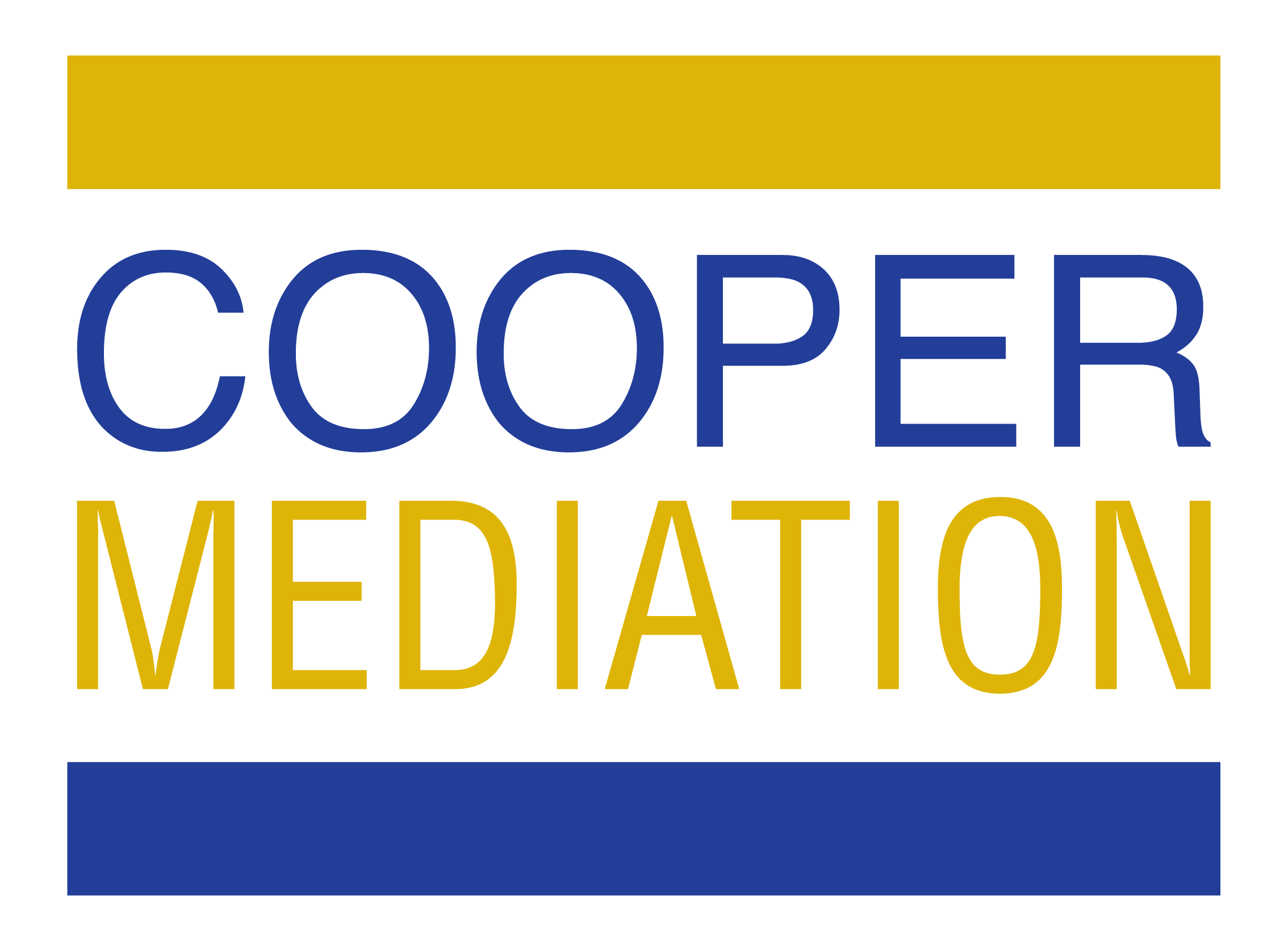
14 Apr Virtual Mediations – What We’ve Learned
Be honest – you didn’t have “pandemic brings the world to a standstill” on your 2020 Bingo Card. Yet here we are a year later, uncomfortably but resiliently working in our new normal of physical distancing, periodic lockdowns, and carving out home office space wherever we can find it.
The COVID-19 pandemic ushered in some significant changes to our daily lives and even when vaccines allow us to ease restrictions, things will probably not return to the way they were in the “before times.” This is not necessarily all sad news, however; some of the solutions and alternatives we created and implemented to address the challenges of isolating ourselves have proven to be effective enough to outlive the pandemic itself.
In this blog post I’ll discuss what I’ve learned after a year of virtual mediations and suggest why this form of mediation is a worthwhile addition to mediation options.
The Learning Curve
Adopting any new technology is not without its share of growing pains. Identifying best practices for virtual mediations was one of my preoccupations as we started Zooming on computer screens instead of zooming down the 401 to reach a mediation location.
We all had to become familiar with multiple video conferencing platforms and decide which one worked best for our purposes. Accepting that some people are not entirely comfortable using computers in general, I encouraged mediation clients to join in advance of our mediation sessions to work out any problems in accessing and using these platforms prior to the mediation. We also needed to identify possible technical problems – privacy and security issues, unanticipated participants joining a meeting, internet connectivity problems, etc. – and decide how we would address them.
The old saying “an ounce of prevention is worth a pound of cure” certainly applies here. By working with clients to obtain consent for specific videoconferencing practices and planning responses to anticipated issues, my clients and I have generally been very pleased with the smooth transition into virtual mediations.
A Return To Normal?
Once it is safe to resume in-person mediations, will virtual mediations become a distant memory? Not likely. Although it is safe to say that many people prefer the intimacy and human connection in-person mediations offer, there are some real advantages to virtual mediations that may be too tempting for some participants to resist.
For example, people who may otherwise be unable to attend an in-person mediation may be able to join (even briefly) by videoconference from home or an office.
Moreover, some stresses are removed when remotely joining a mediation conference. As a full-day or afternoon session approaches its end, a virtual participant will not be preoccupied with thoughts of how to leave the physical meeting space quickly to beat rush-hour traffic; rather, they may need to simply walk from a home office to the kitchen to start preparing dinner. This ability to focus on the matter at hand can be especially important during four-hour mediations as important things can happen between hours three and four. In addition, if travel time is no longer an issue, parties may be more willing (and able) to keep talking even when the clock runs out on the session if they are close to making a deal.
It seems likely that we may begin to encounter hybrid mediations with some or all representatives of each party to the action joining remotely. While this could pose its own unique challenges, by prioritizing flexibility and accessibility, I believe we could benefit from using all the options available to mediate a case.
Some Things Never Change
The medium we use to communicate may change, but some of the things people need for successful mediations remain the same.
My experience facilitating virtual mediations over the past year has reaffirmed that there are certain ingredients that are essential when making the most of a mediation: showing all participants empathy and respect, ensuring decision-makers are present and preparing and sharing all documents or reports necessary to present a claim or offer a defence well in advance.
Choosing an experienced mediator to offer these insights and ensure everyone is on the same page can help any mediation – whether in-person, virtual, or hybrid – have a greater chance of success.
ABOUT THE AUTHOR
Jonathan T. Cooper is the taller, younger and non-bow-tied mediator with Cooper Mediation Inc. He mediates primarily, but not exclusively, in the area of personal injury and insurance. Jon was recently inducted as a Fellow of the International Academy of Mediators. The IAM is an invitation-only organization consisting of the most successful commercial mediators in the world who must adhere to the highest practice and ethical qualifications.
Jon can be reached at jon@coopermediation.ca or at (647) 993-2667.
To schedule a mediation with Jon, visit: https://coopermediation.ca/jonathans-online-calendar/.
